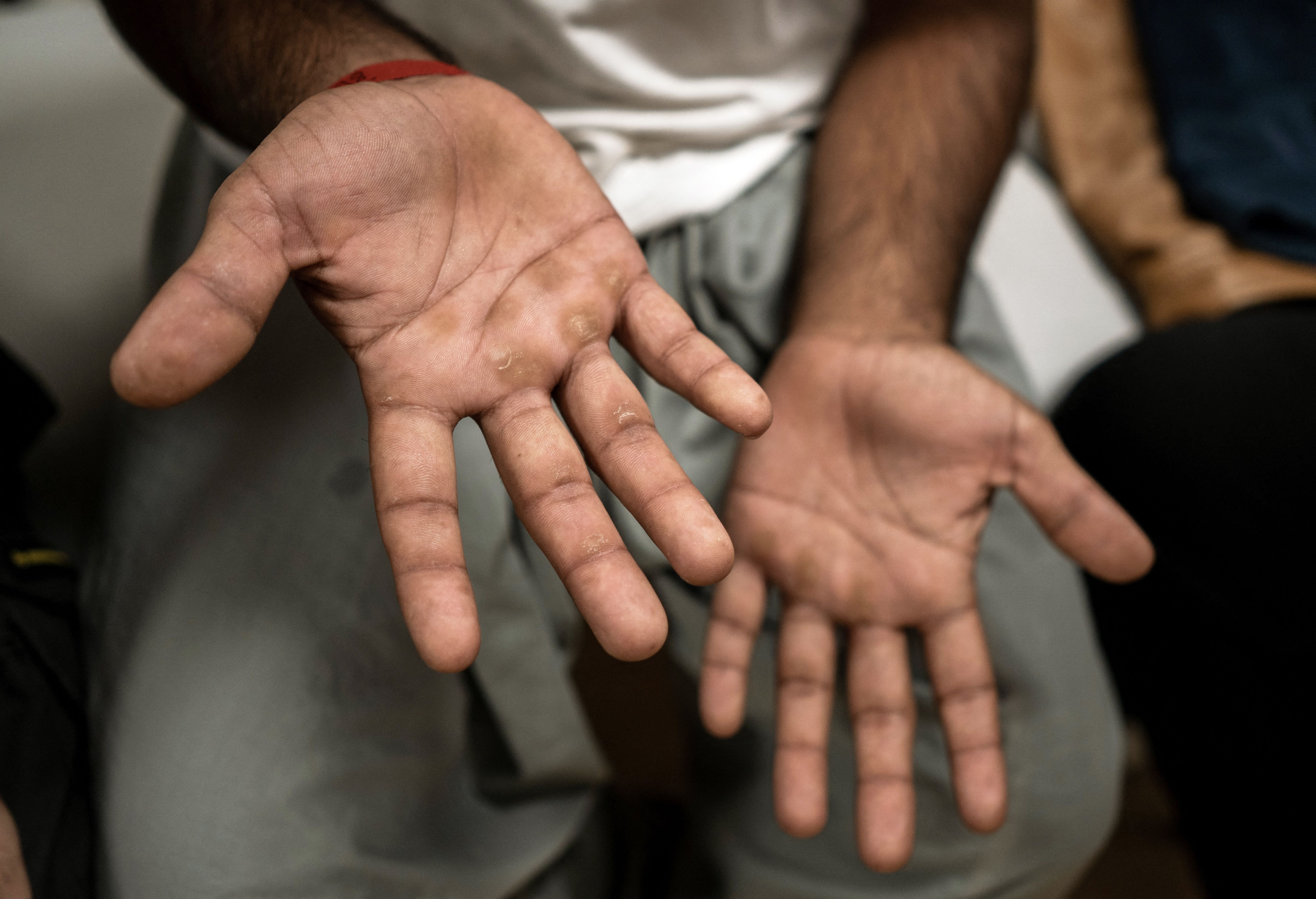Our world shrugs in the face of suffering – here’s what we must do
Today, scholars, academics, and public intellectuals are increasingly trying to imagine the conditions for strengthening, or simply for bringing into being, a global sense of community – the world is too complex to be guided by ‘us first’ policies, writes Luca Maria Scarantino

Hundreds of people seeking refuge, asylum, or even just food, are left languishing for days on a boat deck under the weary watch of public officials. This just happened in Sicily, at the southern tip of Europe.
Philosophers like me may ask themselves how it is that our societies have come to nurture so much anger, so much resentment, as to accept, as if it were normal, that thousands of human beings are dying at our borders in an attempt to escape war and violence. Or we may ask how it is possible that some people still question the right of an invaded country to defend itself and the lives of its people. Above all, how scared must our societies be to let so much indifference and disinterest take root?
Questions like these have direct bearing on the future of our societies, and the issues they relate to affect the fundamental values of civilisation, in the west, but potentially elsewhere too. They transcend the daily political or electoral dynamics of our societies.
Subscribe to Independent Premium to bookmark this article
Want to bookmark your favourite articles and stories to read or reference later? Start your Independent Premium subscription today.
Join our commenting forum
Join thought-provoking conversations, follow other Independent readers and see their replies